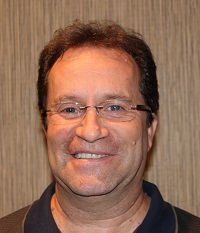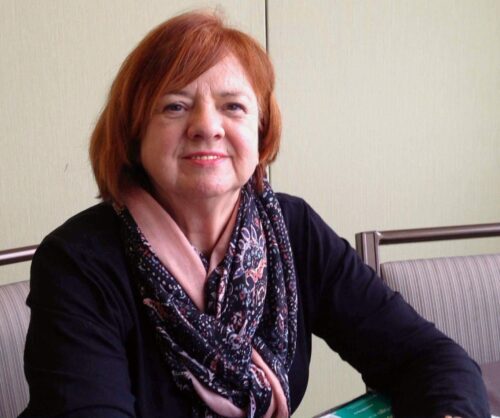Board of Directors
The Board has 16 seats in total, with nine regional representatives, one Indigenous Communities representative, and six directors at-large. These positions are elected by the membership.
The Board meets at least four times a year.
Meet the current board
Regional directors
Namulinda Lester
Ontario
click here for bio
Allison Chase (she/her)
Ontario
click here for bio
Dawn Obokata (she/her)
Ontario
click here for bio
Olufemi Onanuga
Alberta / Northwest Territories
click here for bio
Cassia Kantrow (President) (she/her)
British Columbia / Yukon
click here for bio
Claude Pépin
Québec / Nunavut
click here for bio
Emmanuelle Proud-Thomson
New Brunswick / Prince Edward Island
click here for bio
Don Goss
Nova Scotia/Newfoundland and Labrador
click here for bio
April Ager-White
Indigenous Communities
click here for bio
Laura Williams
Saskatchewan / Manitoba
click here for bio
Directors at-large
John Bathurst (Treasurer) (he/him)
At-Large
click here for bio
Lee Campbell (they/them)
At-Large
click here for bio
Anne Davidson
At-Large
click here for bio
Sarah Jensen (Vice-President) (they/she)
At-Large
click here for bio
Sahara Shaik (she/her)
At-Large
click here for bio
To contact the Board or a specific Director:
Email: BoardofDirectors@chfcanada.coop
Phone: 1-800-465-2752 ext 235
Mail:
CHF Canada
Attn: Name of Board Member
c/o Corporate Secretary
225 Metcalfe Street, Suite 311
Ottawa ON, Canada K2P 1P9
















